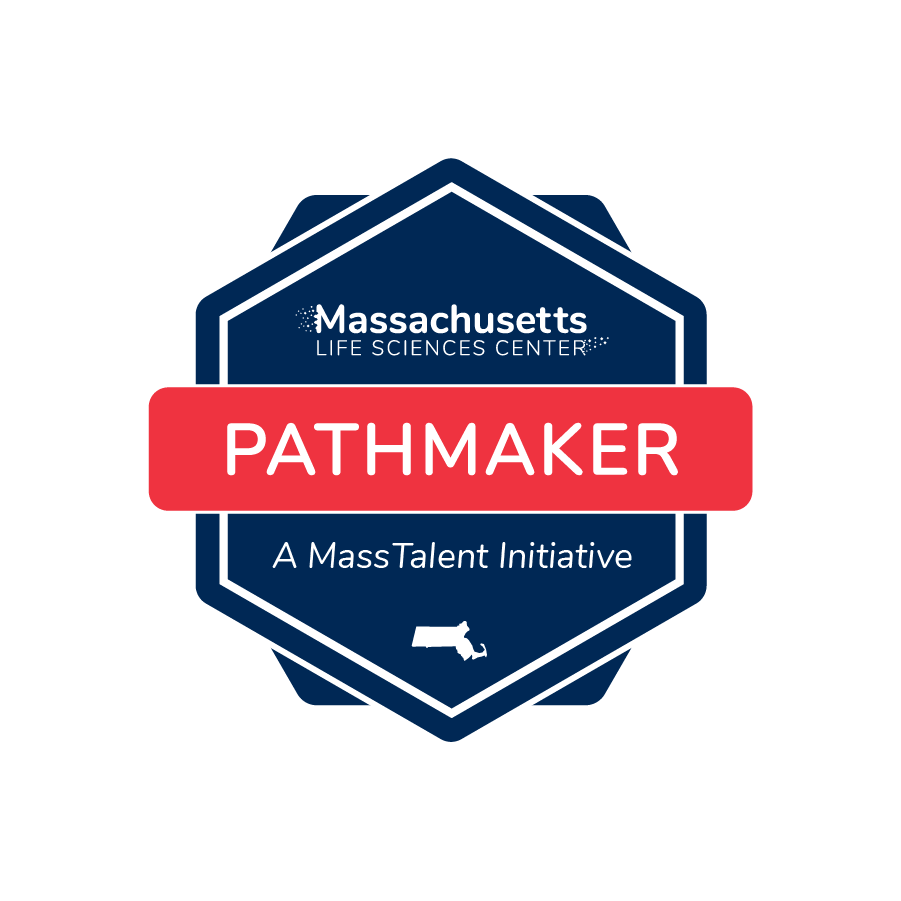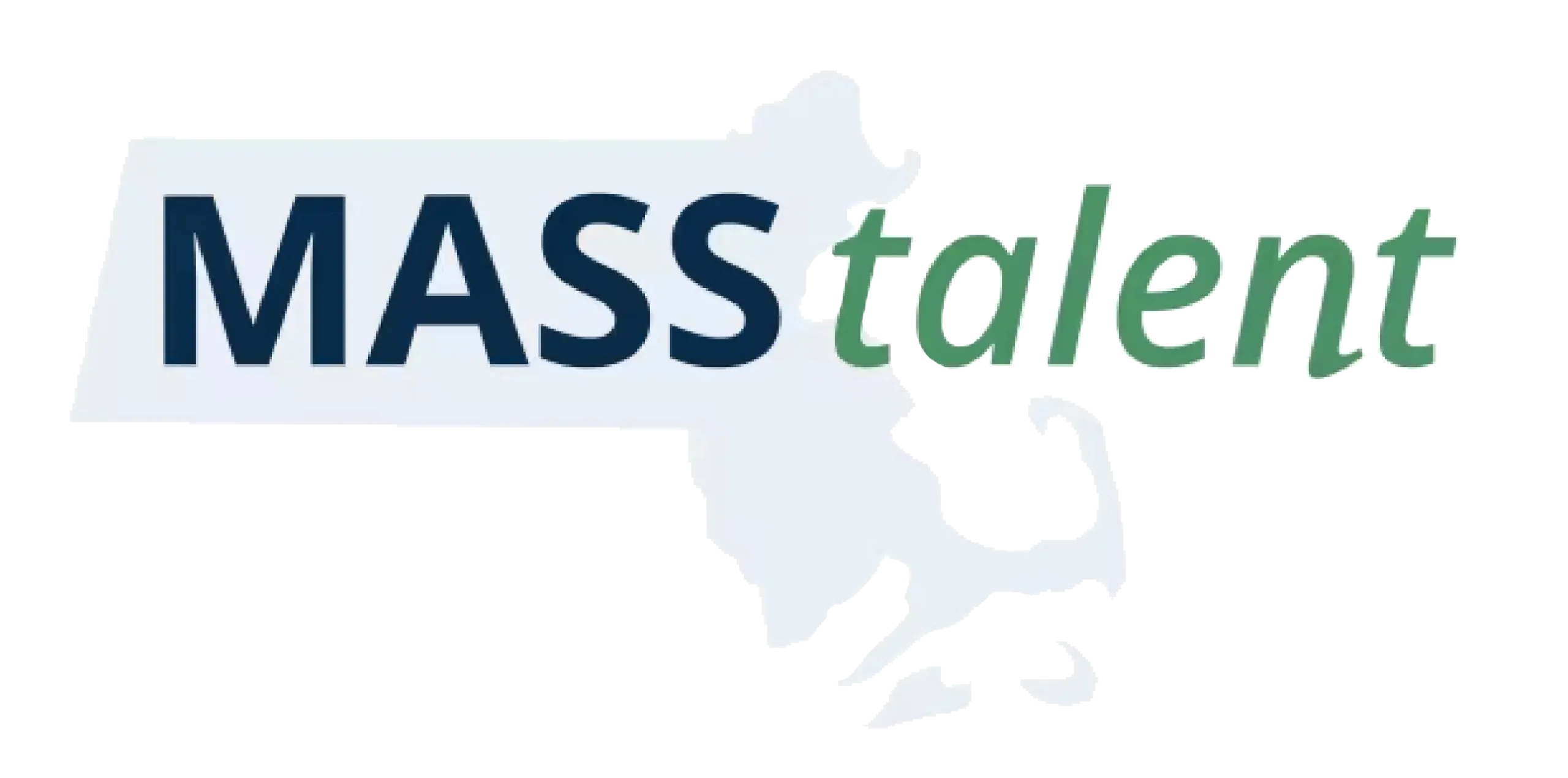
Pathmaker
A Pathway to a Life Science Career
The MLSC Pathmaker program funds industry-aligned training programs that address critical skills and talent supply gaps and connects skilled, diverse workers with life science career opportunities in Massachusetts.
The next review of Pathmaker applications is anticipated to be in the fall of 2024. Applications accepted on a rolling basis.
Who is Pathmaker For?

Pathmaker for Career Seekers
There is no better time for those interested in a career in the life sciences. This is a sector full of companies of all sizes with missions that truly change lives on a global scale. Starting salaries and paths for further career development in the life sciences represent unique opportunities for growth. No prior scientific work experience or higher education credentials needed. Learn about free training programs today.


Pathmaker for Training Organizations
Pathmaker will award up to $750,000 per project in direct funding to support organizations that can build and scale career pathways that effectively prepare students for high-demand career opportunities in the life sciences. The program also aims to provide already existing programs a “stamp of validation” for efforts that meet the most up-to-date industry criteria.


Pathmaker for Industry Partners
Pathmaker applicants must have at least one industry partnership that ensures that the program is responding to a direct hiring need. The program aims to leverage and catalyze the excellent workforce development resources in the Commonwealth and grow the talent pipeline and increase connections for employers to skilled, diverse workers in Massachusetts.

MassTalent Initiative
Pathmaker is a key component of the Healey-Driscoll Administration’s MassTalent initiative, a new strategy for connecting employers to skilled, diverse workers in Massachusetts.

Upcoming Info Sessions
Featured Videos
What is Pathmaker?
Start Your Career through Pathmaker
Meet Rudy Christmas, an In Vivo Pharmacologist
Building Workforce Partnerships
Impact on the Ecosystem
Pathmaker has grown out of an existing group of successful partnerships between life science companies and training providers that leverage the excellent workforce development resources we have in the Commonwealth and the previous investments the Center and others have made in the ecosystem. Pathmaker was announced in June 2023 at the BIO International Convention as part of the Healey-Driscoll Administration’s launch of a new strategy for connecting employers to skilled, diverse workers in Massachusetts called MassTalent. MassTalent will serve as a one-stop front door for companies to access multiple talent pipelines in high-growth industries like the life sciences, clean energy and advanced manufacturing.
The 2023 MassBioEd Life Science Workforce Analysis Report indicates that:
Training Programs
Learn MoreThe additional funding available through this program aims to amplify and scale these successful models to address the most pressing workforce needs in the industry and create a sustainable structure that can adapt to the future needs as the spirit of innovation, collaboration, and entrepreneurship continue to make Massachusetts the best place in the world for the life sciences.
Connect with us to Learn More
If you have any questions please email Pathmaker@masslifesciences.com or click the button below.

Other Programs
